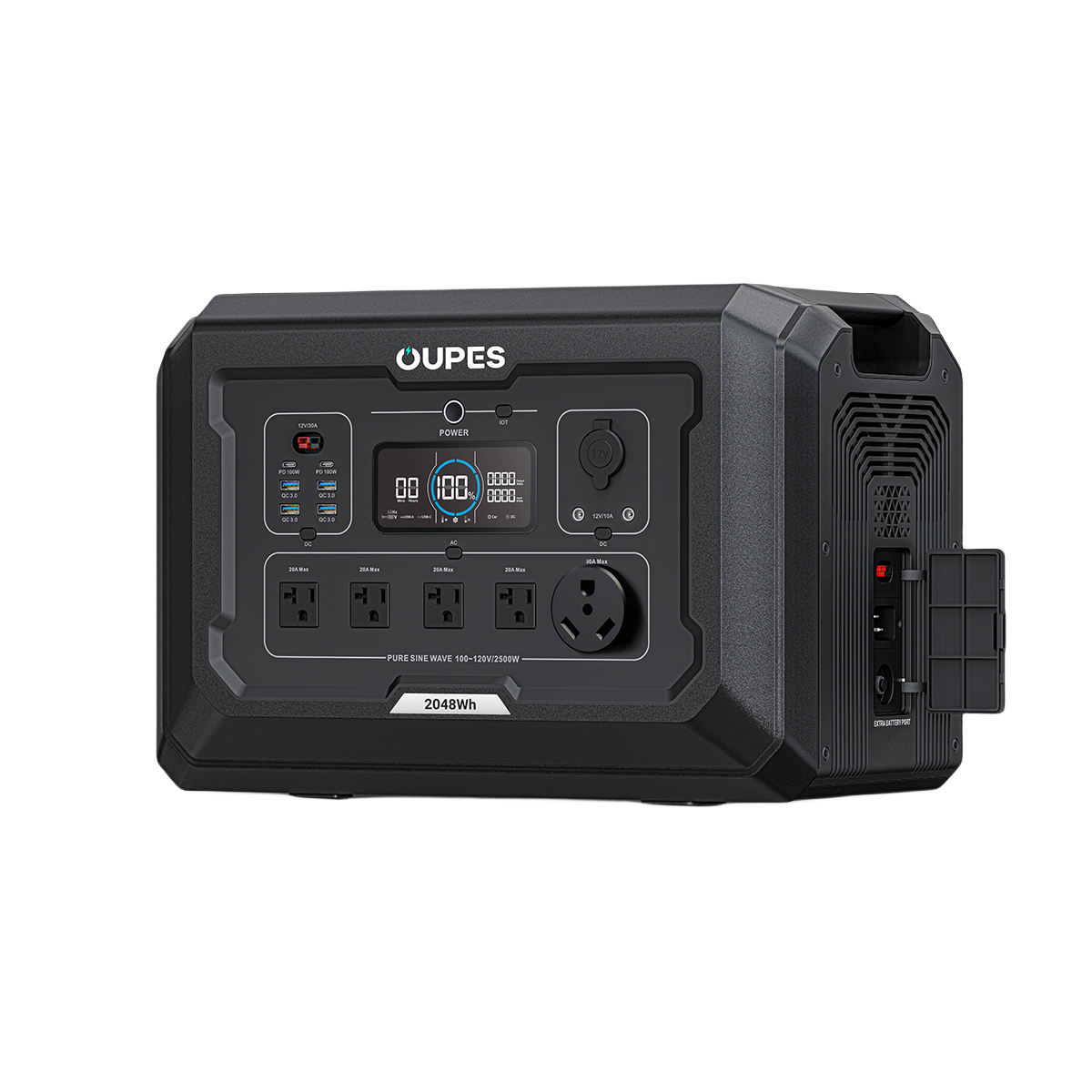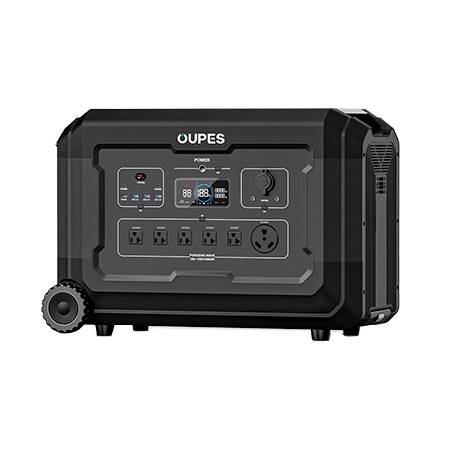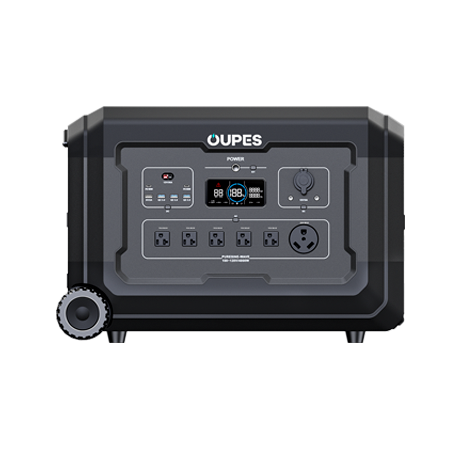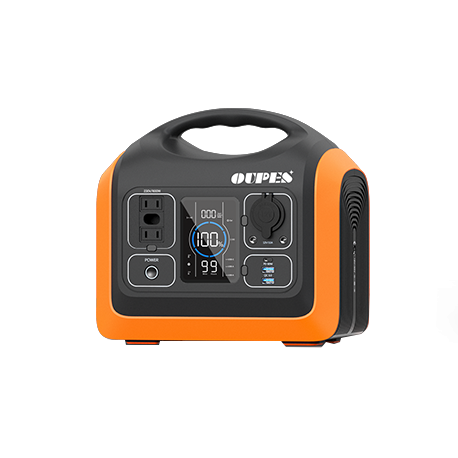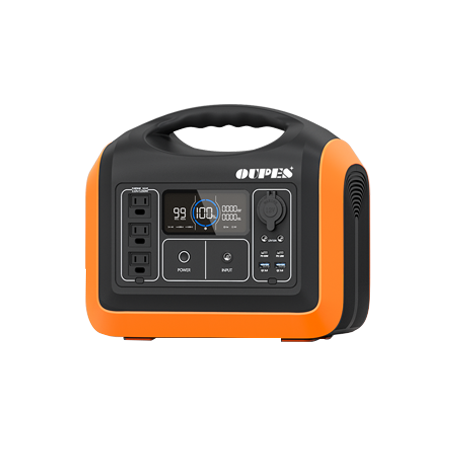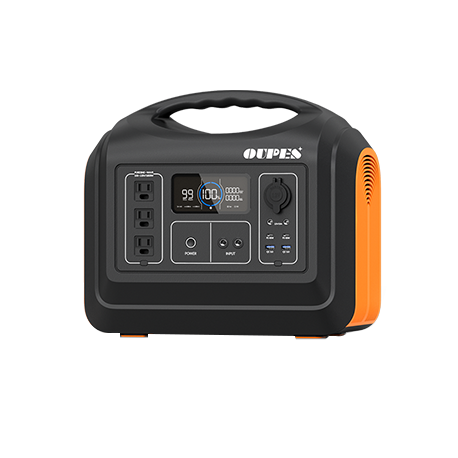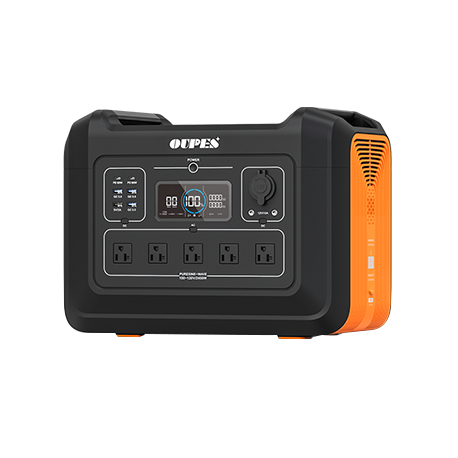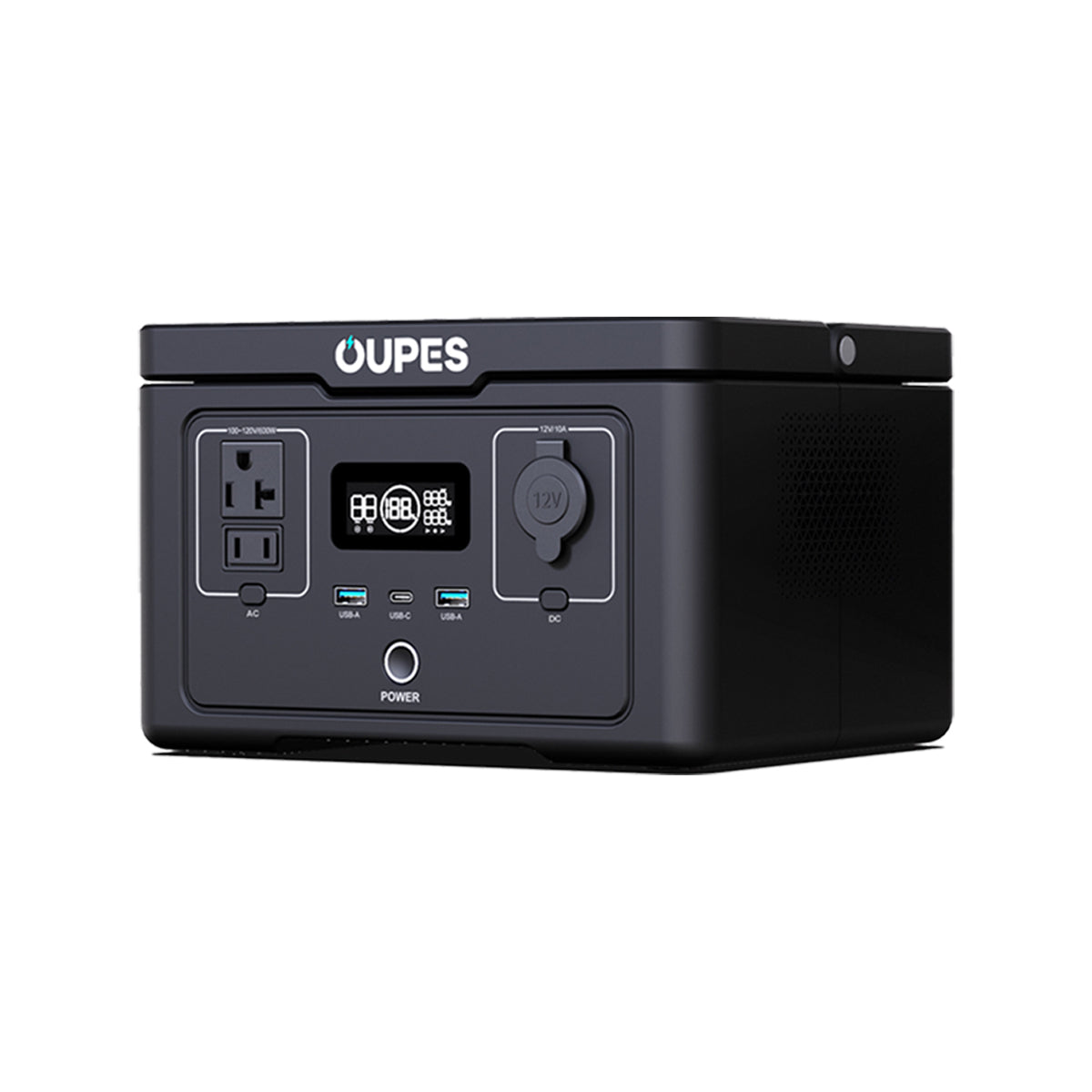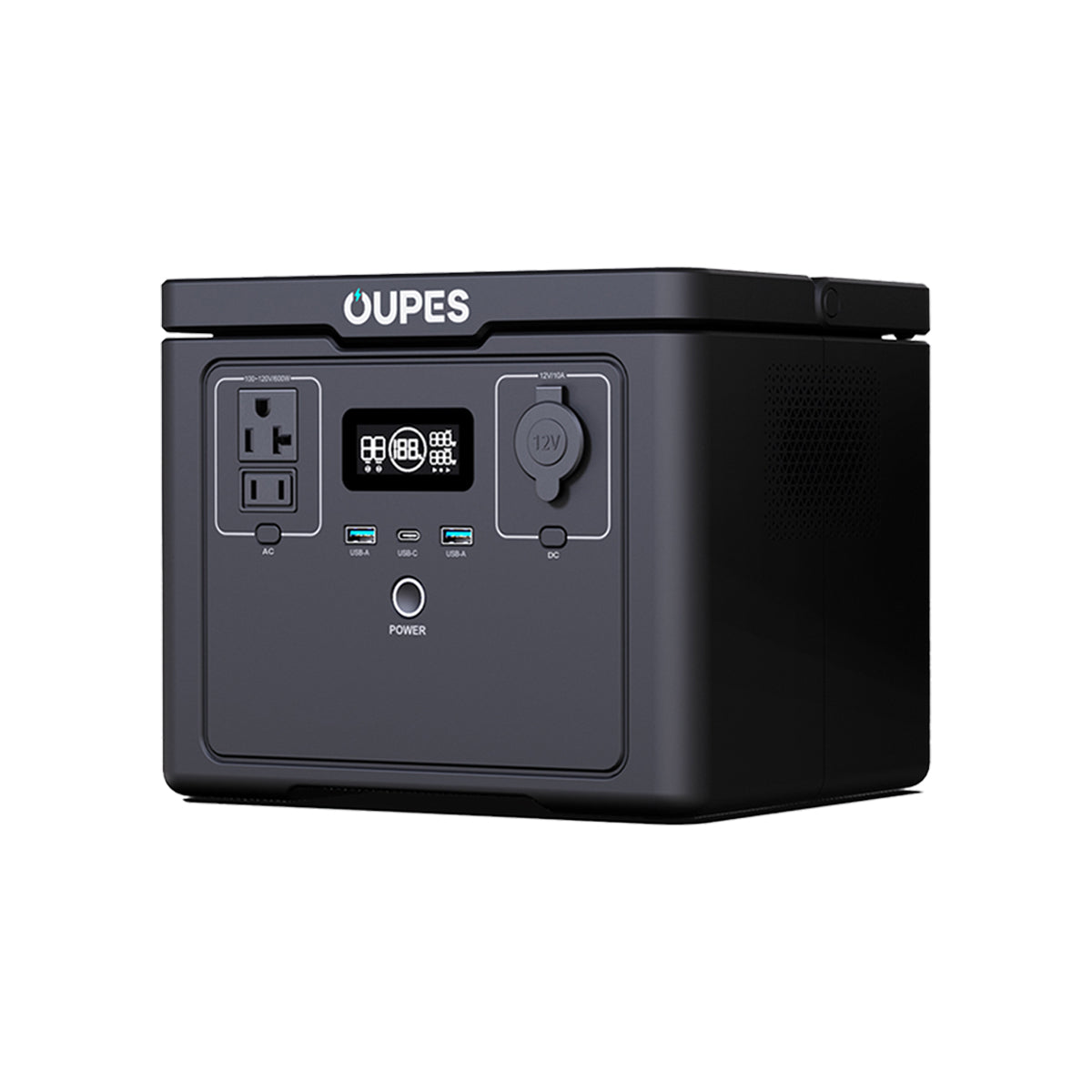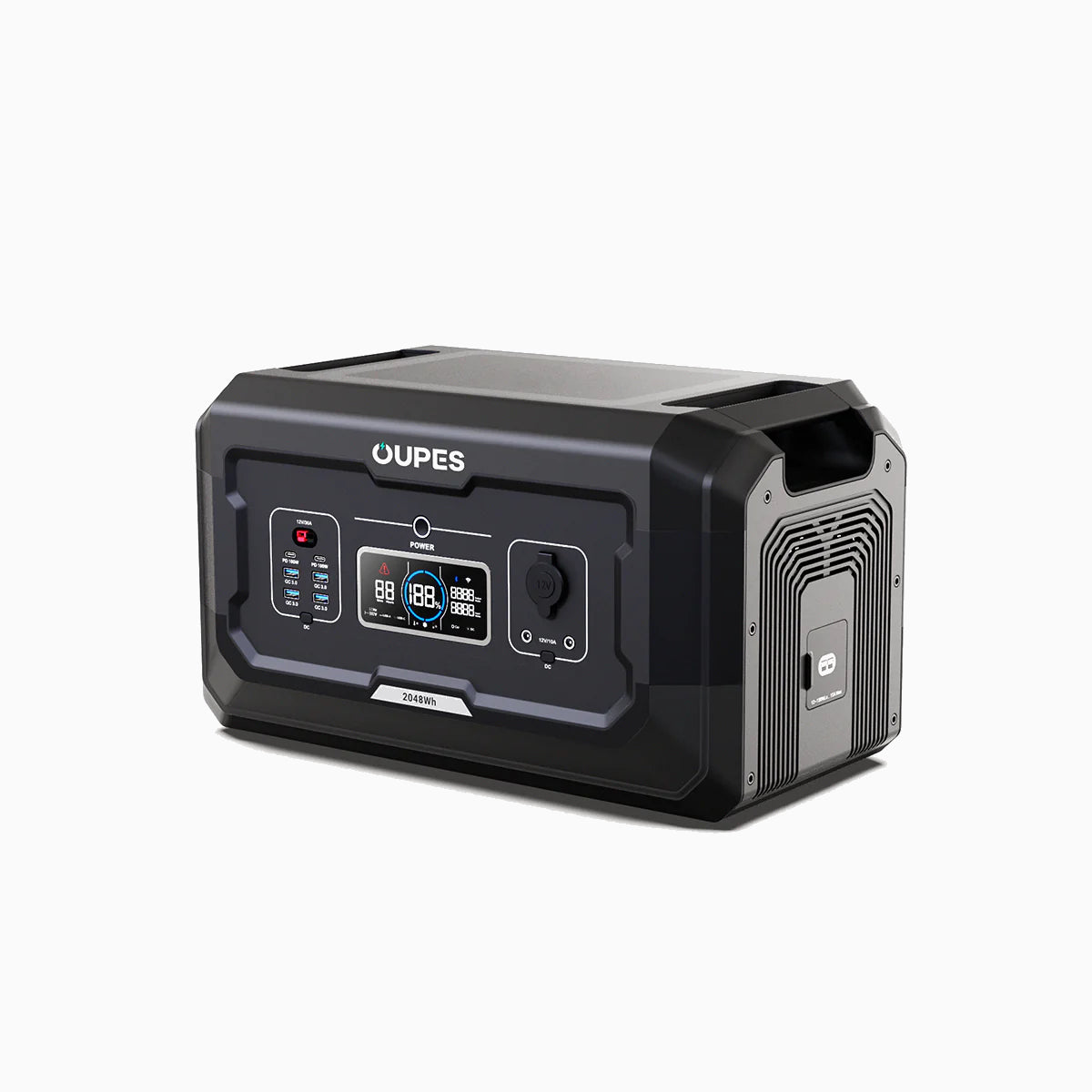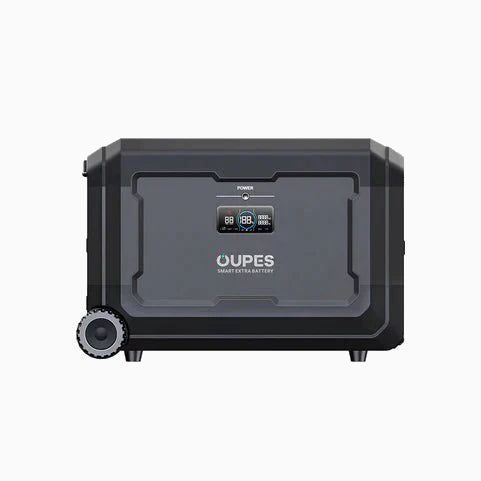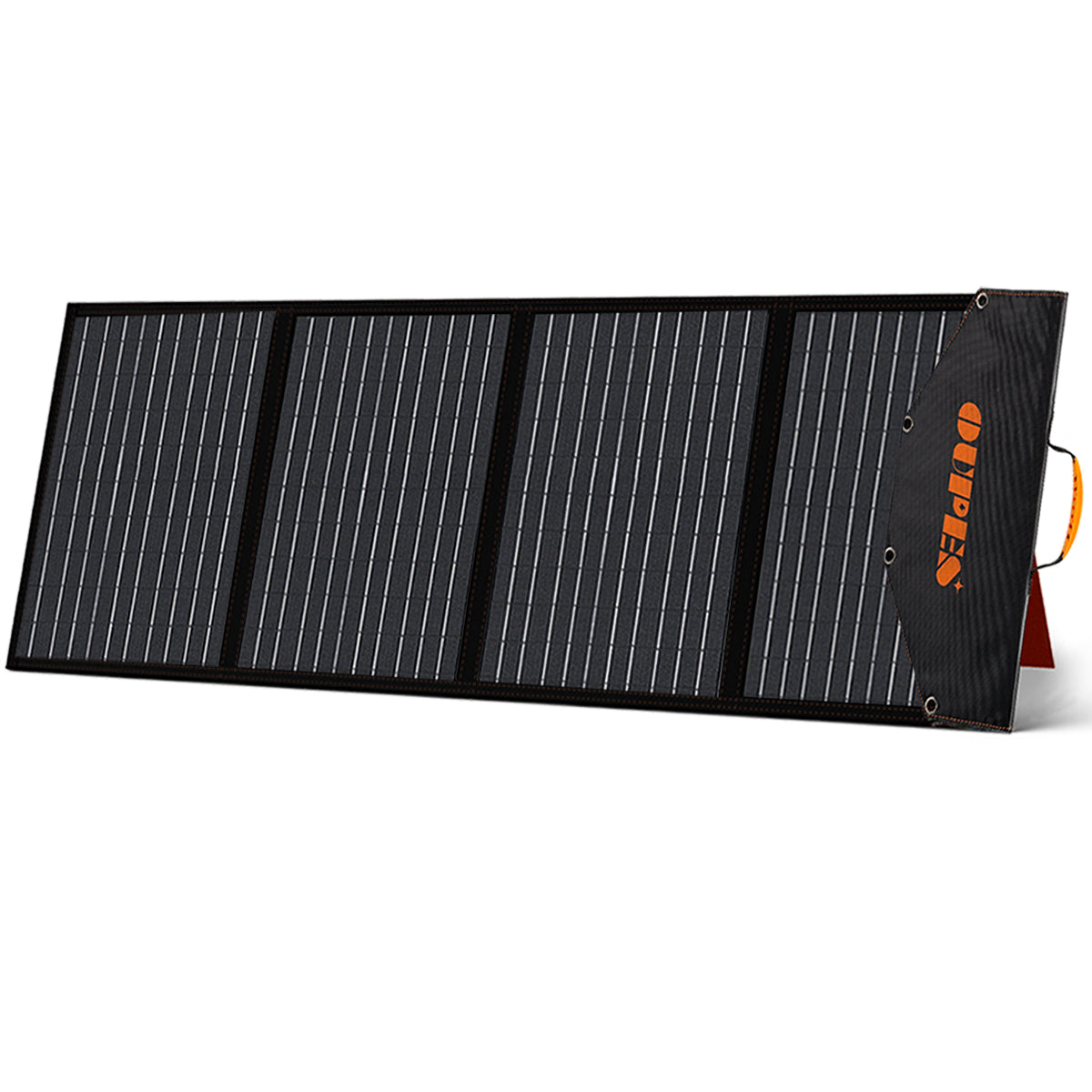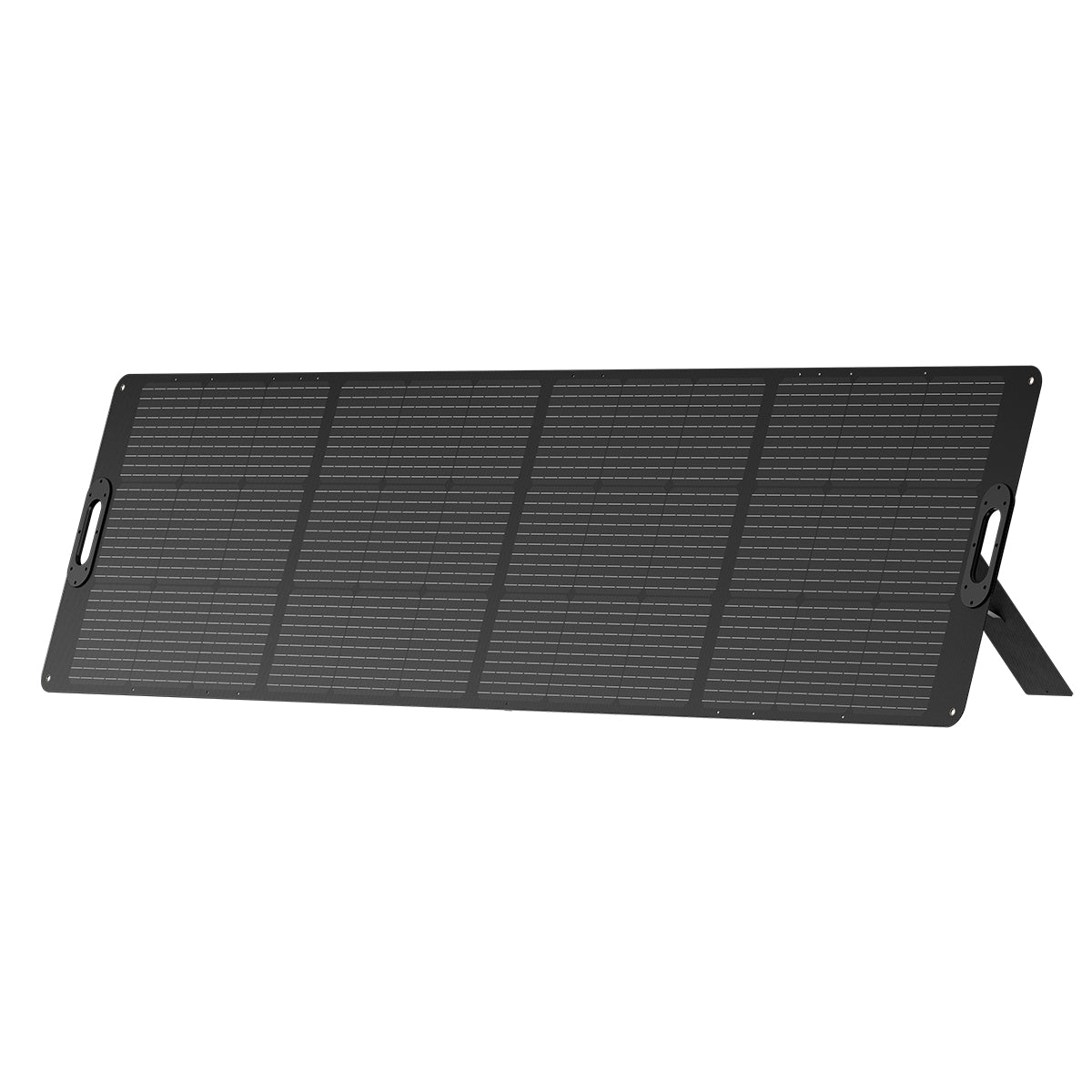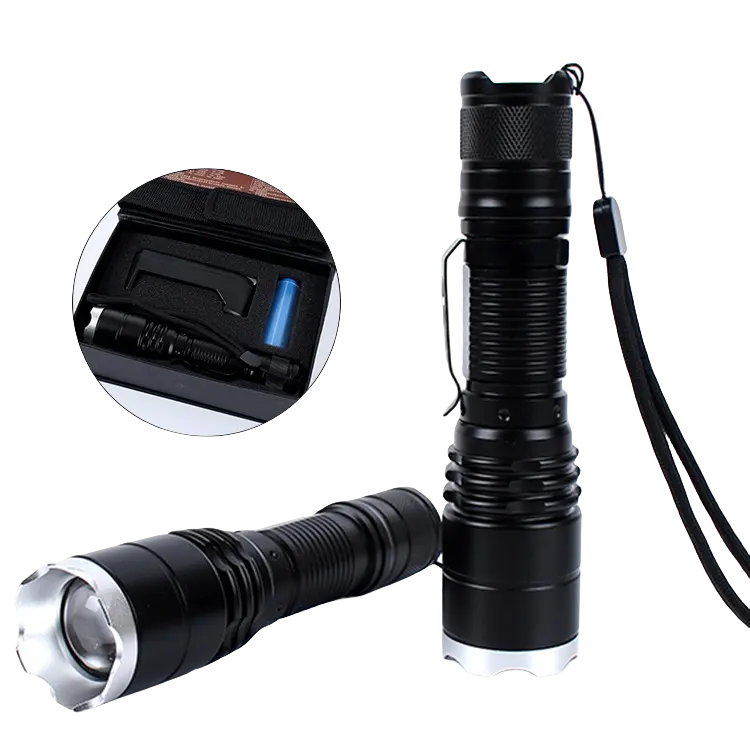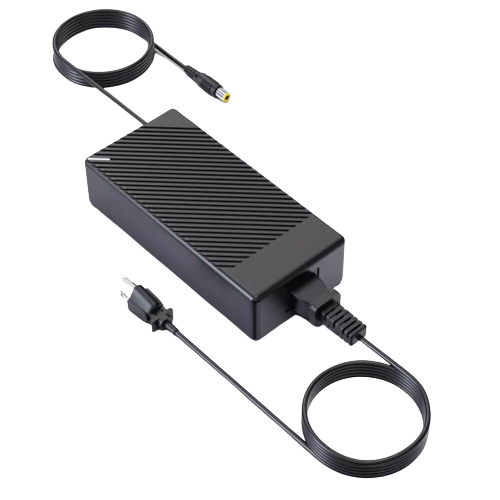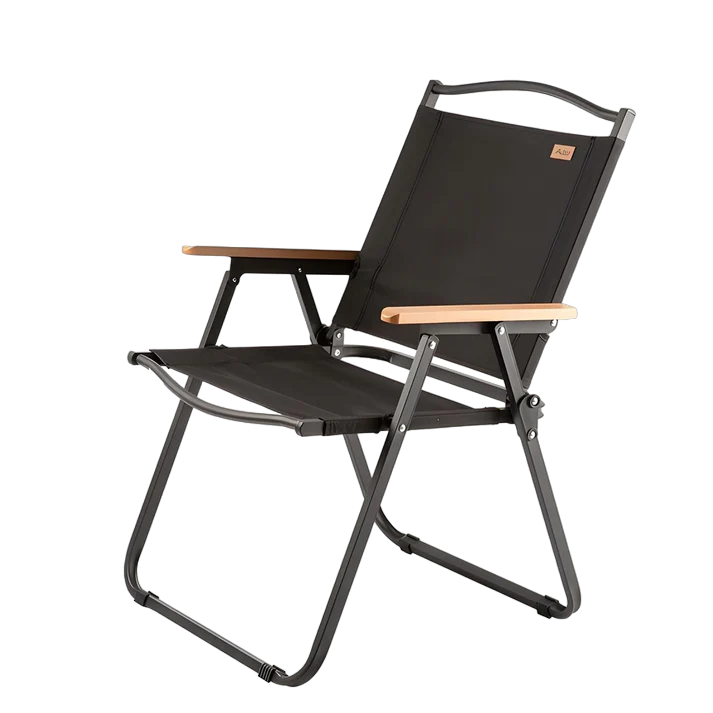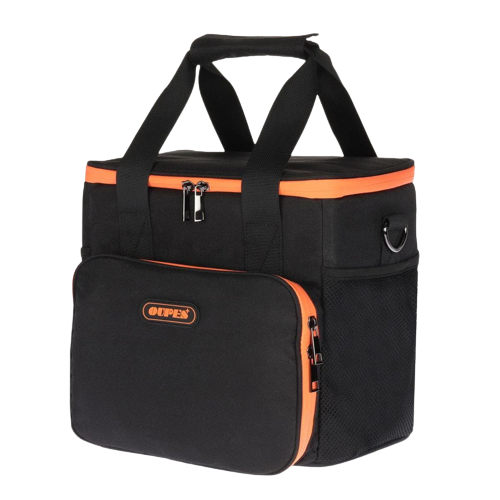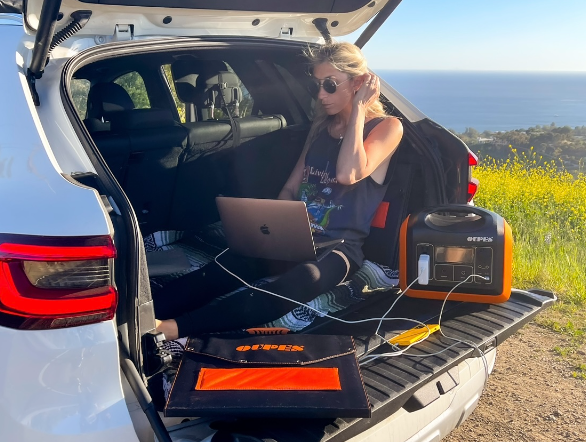What You Absolutely Need to Know About Home Batteries and How They Work
Every reasonably modern house and home needs electrical power from some kind of source, and home batteries are one of the more unique methods out there for storing and using it strategically, or even outside the home itself.
How Home Batteries Work
Home batteries are essentially just what their name implies, batteries that store electrical energy for a home or house, which can later be used optimally during times of particular need. In other words, with a home battery, you have a stand-alone power storage system in your home that plugs into your home’s electrical grid (whether it’s from an outside source or your own production systems such as home solar panels) and stores electricity from this grid for optimized later use during things like power outages, electrical shortages or possibly even grid failures.
Home batteries are nothing new. They’ve existed for decades and have been used in many contexts, especially for off-the-grid living and exploration. However, with modern solar generating technologies, electrical storage systems and compact electronic hardware developments, these powerful batteries have become much smaller and more practical for everyday use.
The internal power cell mechanisms of home batteries can vary but in most cases, these compact devices use the same lithium ion battery cell technology found in many electric cars such as those from Tesla. This makes them exceptionally capable of storing large amounts of electrical power for long use during emergencies or off-grid situations.
With a home battery, your home’s grid changes slightly from how it would be organized in a house that has no battery working with it:
Basically, if your home is attached to the wider electrical utility grid, the electrical line running from the grid then connects to a distribution panel that runs electricity directly to certain high-load devices such as washing machines or HVAC systems. The rest of the current for your household devices is then run through the home battery, which sits in the way as a buffer.
If you have a solar panel system or some other source of domestic power production, it too can run directly to the home battery and either be shut off or left on as needed. The battery can then be configured to work in any one of several ways:
- It can be left on standby to store electrical power and only provide it to your home’s devices as needed when there are power outages or unique occasions.
- It can be allowed to disconnect you from the wider grid during certain hours and provide electricity to certain devices for certain periods of time
- It can be hooked only to your own electrical generating system, such as a home solar array and provide reserve power for when that home electrical system isn’t generating current (such as at night for solar panels). This last option is common in off-grid situations.
When you have a home battery installed, the electrician who does the work will also likely install what’s commonly called a critical loads panel, from which it’s possible to calibrate the battery for how it powers which devices in your home during specific situations like power outages.
How Much Power do Home Batteries Offer?
The answer to this question depends enormously on the type and model of home battery you’re using. These batteries can range in power capacity from just a few hundred watts to thousands of watts. Or in terms of total fully charged energy capacity, they can provide just a few kWh to 20 or more kWh, depending on model and type. Overall, these are very robust energy buffers for your home.
For example, a small portable power station similar to a home battery with a power capacity of 1800 watts can deliver the following at a go:
- 150 iPhone charges
- 12 hours of running a portable projector
- 75 camera charges
- 12 laptop charges
- Nearly 4 hours of electric drill use
- 132 minutes of coffee maker time
- 25 hours of mini cooler fridge power
For fixed installation home batteries with more robust power storage capacity, their power generating abilities are even greater. For example a 10 kWh home battery can offer up:
- 950 iPhone charges
- 300 microwave sessions
- Power for 30 laundry wash loads
- 50 hours of power for a full-sized refrigerator
- 30 full pots of coffee
- 6.5 hours of using a space heater
- 50 hours of LCD TV running
The above are some of the typical averages for home batteries and their portable power unit cousins, but they can vary based on power and energy capacity or specific use cases. In all cases, what you can plainly see is that home batteries and portable power units are amazingly useful for off-grid or emergency electrical outage situations, whether you’re at home or out in the country.
Should You Get a Home Battery?
The basic and obvious answer to this question is Yes! No matter how reliable your regional electrical grid is, disasters, accidents, storms and human mistakes can happen at any time without any warning. In some cases, they can mean having no electricity for hours or even days and if the weather is bad enough, this can become downright dangerous, or at the very least deeply uncomfortable.
A home battery can quickly become your lifeline to reasonably comfortable living during the worst kinds of temporary grid emergencies and this makes it an extremely valuable investment.
If you combine your home battery with your own off-grid electrical generating system such as a solar array, it can even become a long-term alternative power system for your home that reduces your reliance on potentially high electrical grid prices. The financial savings from this alone also make home batteries into excellent investments that quickly pay off their own modest cost.
And finally, for rural or urban homes that aren’t connected to any wider power grid, home batteries provide a stable reserve of power when added to home solar or wind generating systems that don’t provide power 24 hours a day by themselves.
Obtaining Your Own Home Battery and Accessories Today
Buying a home battery system and having it installed is something that you can do now to prevent future problems for you and your family. Contact Oupes Portable Outdoor Power for more information. We also provide a broad range of completely portable, solar and grid-rechargeable outdoor power stations and units of different sizes and power capacities for a broad range of outdoor and off-grid needs.

